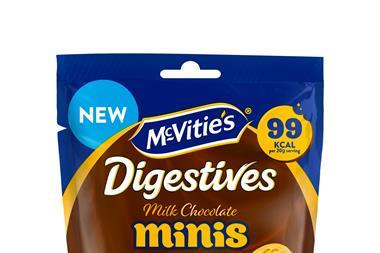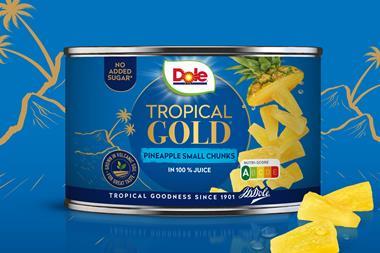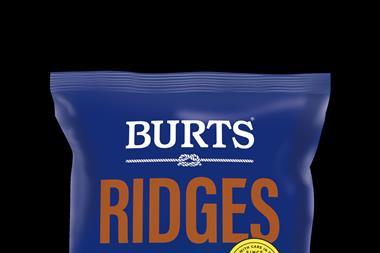Researchers at Mintel are warning that the UK mint market is cooling off. According to the company’s latest report on the market, the mint sector has declined by as much as 8% during the past five years - falling from £204m in 2004 to just £187m in 2009.
In addition, it claims things are looking "pretty sticky for the future of the humble mint", as it predicts that sales are set to tumble a further 11% in the next five years.
This is all in contrast to the early part of this decade when the sector saw growth on the back of ’strong’ and ’sugar-free’ products.
Today, 60% of Brits eat mints, down slightly from 66% in 2004. And just over a third (35%) of Brits eat mints two to six times a week, while around half of us (52%) enjoy mints just two to three times a month or less (GB TGI, BMRB data).
Michelle Strutton, senior consumer analyst at Mintel, says: "Once a firm favourite among Brits, the mint sector is struggling. An older and declining consumer base together with relatively little product development has hampered growth."
According to the research, soft and chewy (6% decline) and mild (17% decline) mints have taken a real battering over the past two years, while sales of the classic boiled mint have fallen by 35% over the same period.
Strutton adds: "Traditional segments such as boiled and mild mints have largely been overtaken by innovations elsewhere and changes in tastes that are seeing many younger adults migrate to products such as chewing gum."
But there is one ray of hope, according to Mintel - strong mints. Valued at £58m and with market growth of 16% in the past two years, the extra strong variety of mints are being used for their oral hygiene properties - 30% of Brits even use them to clean teeth in the absence of a toothbrush.
Strutton adds: "Like chewing gum, strong mints are benefiting from consumers increasingly looking for a burst of freshness, underlining the importance of oral properties."






























No comments yet